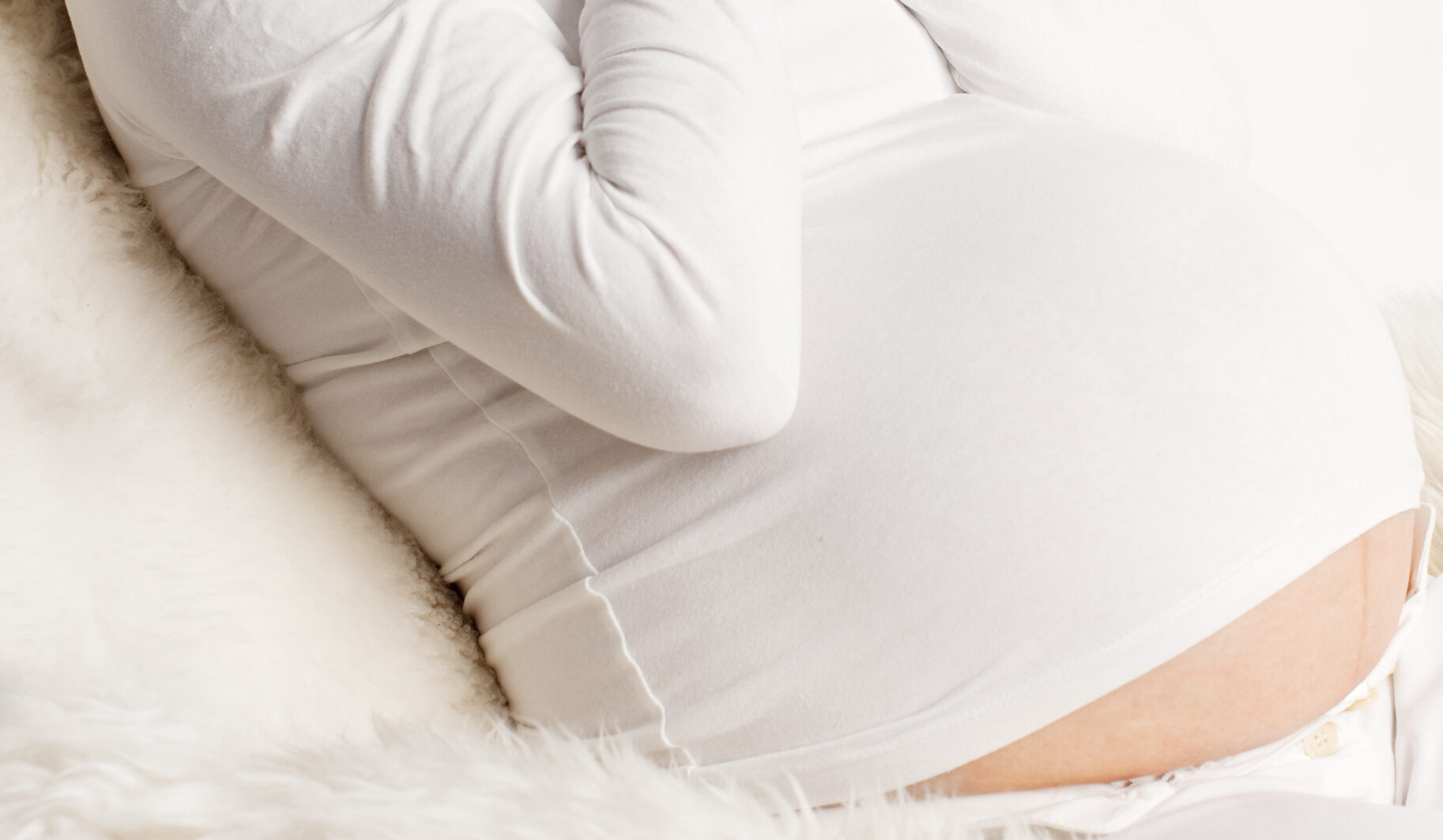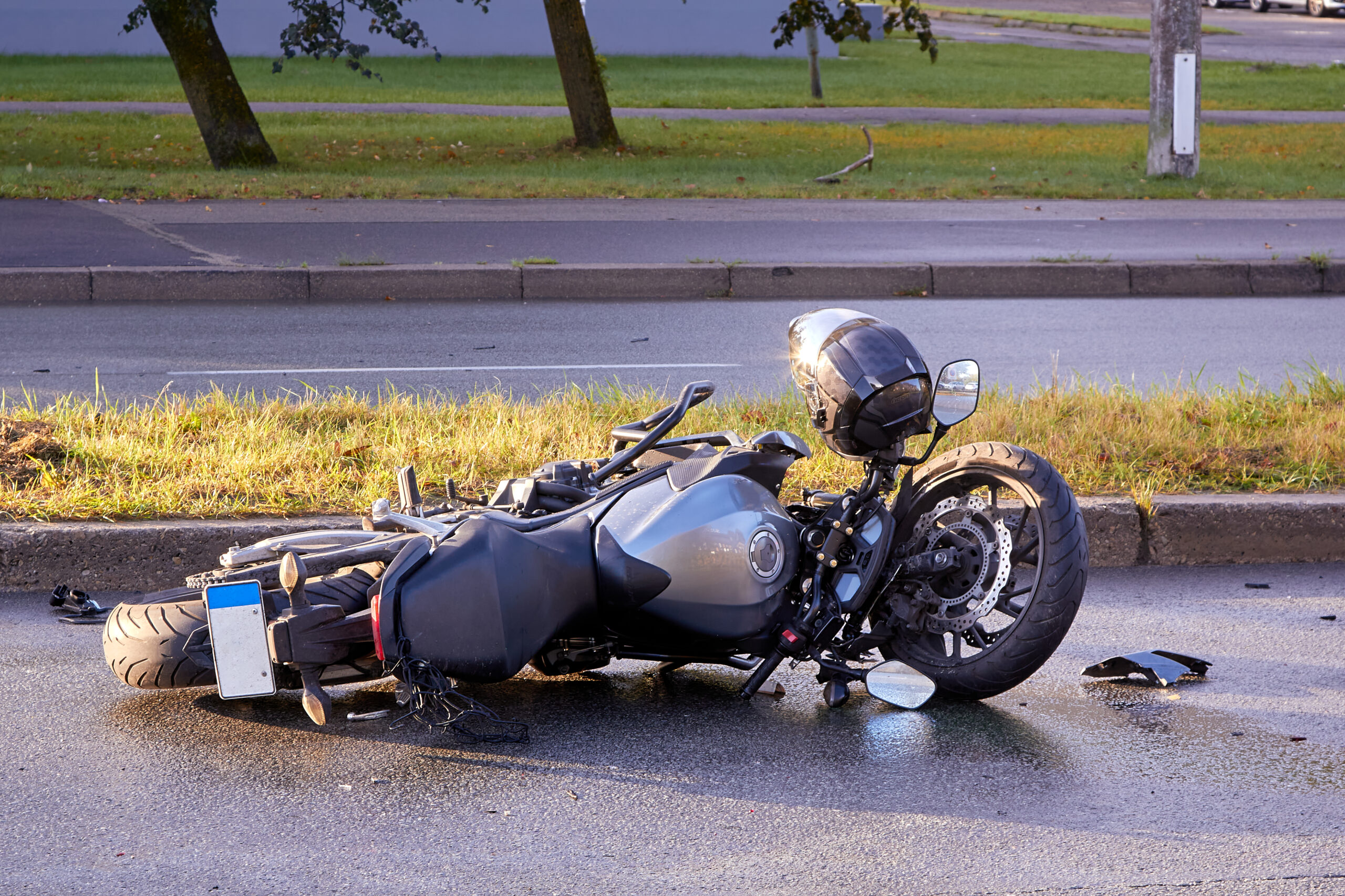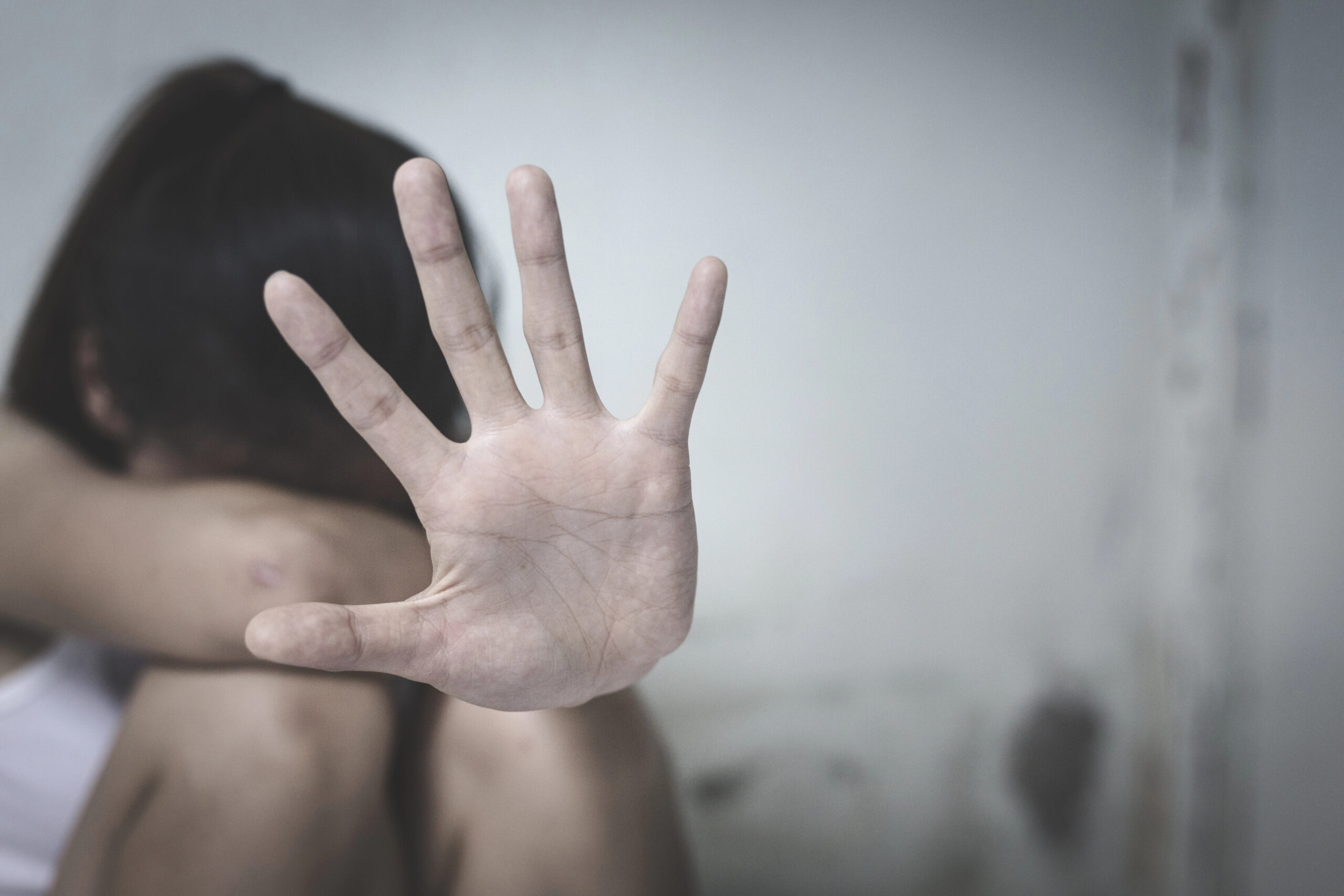Most of us visit our nearest shopping centre or supermarket on a daily or weekly basis – perhaps to pick up groceries, run an errand, or to buy clothes. What if you injure yourself in the process? What do you do and what rights do you have? Slips, trips and falls in shopping centres and grocery stores happen, unfortunately.
If you suffer injuries as a result, it is important to investigate whether you may be able to claim compensation for your loss of earnings, medical treatment and pain and suffering.
If you injure yourself in a shopping centre or a grocery store, you may be entitled to pursue a compensation claim against the shopping centre. In short, these centres and stores have a duty of care to you as a visitor – a duty to take reasonable care to avoid causing or contributing to personal injury. Most if not all are insured for such risks.
Scope of Duty of Care
The duty owed by the shopping centre management to its invitees and customers, is to take reasonable precautions to prevent risks which are reasonably foreseeable, that is a risk which was not insignificant and against which a reasonable person would have taken precautions.
For example, an assault by a random customer on another customer would likely not be a matter which was reasonably foreseeable.
So, what is reasonably foreseeable?
What if a customer walking around Coles, eating an ice-cream – drops the ice cream on the floor – and another customer walking behind steps into the spillage and falls.
While we can identify a reasonably foreseeable risk here, the common law says that it would be too onerous on and costly for the supermarket to attend to every spillage or hazard. Instead, the court simply needs to be satisfied that there was not a reasonable system of cleaning and inspection in place or that it hadn’t been followed, and had there been an appropriate system in place that the hazard would have been cleaned up preventing the injury.
For instance, the NSW District Court held in Razzak v Coles Supermarkets Australia Ltd [2016] that it would not be considered a breach of duty of care just by virtue of a customer having slipped in store. In that case, the slippery substance in question was a grape which was only lying on the floor for a maximum of 10 minutes before a customer slipped on it. Coles already had four employees checking the floor for spillages every 7 – 20 minutes on this day – and yet, the grape had escaped detection.
Judge Russell considered that to extend liability to such a situation where the fallen produce was only on the floor for a short period of time would impose a heavy burden on these stores – particularly when there was already a fairly comprehensive system of inspection in place.
He stated: “Coles could not have been expected to ensure safety by, for example, having several staff in every aisle doing nothing but watching dropped vegetable matter, or by allocating a staff member to ‘shadow’ every customer as they walked around the store”.
In Strong v Woolworths (2012), the High Court held that a duty to take reasonable care “required inspection and removal of slipping hazards at intervals not greater than 20 minutes”. In that case, Woolworths was ultimately held liable for the injury of one of its customers who had attended a Woolworths-owned ‘Big W’ store and slipped on a hot chip. As the hot chip had likely been present on the floor for longer than 20 minutes, the High Court considered that Woolworths had not fulfilled its duty to take reasonable care. This case emphasises how important it was for these stores to have a system of regular inspection and cleaning in place.
But what if the staff inspecting the produce section miss a lone grape on the floor and you proceed to slip on it? Does this mean the store have breached their duty of care? The short answer is “no”. The law treats these workers as ordinary people and as not having laser vision. Essentially, they can be expected to make mistakes.
In Woolworths Ltd v McQuillan [2007], the NSW Court of Appeal held that:
“…keeping a proper lookout in accordance with instructions to maintain vigilance for hazards on the floor, such as grapes, does not mean a perfect lookout”. For instance, their view of the floor might be obstructed by something in the way. So, as long as the worker keeps a proper look-out for hazards (not a perfect look-out), it won’t be considered a breach of duty of care.
Do customers have a responsibility to look out for themselves?
Yes. “Obvious risk” is often pleaded as a defence in these types of claims. The law expects people to take care for themselves, to keep a proper lookout and to avoid the risk of injury from features which are clearly apparent or a matter of common knowledge. An obvious risk is something which would have been obvious to a reasonable person in the position of the injured person.
Contributory Negligence
A court may also find an injured person partly responsible for their own accident, and reduce any damages award proportionately with the level of their contribution,
So, what can you do if you suffer a serious injury in a shopping centre and/or a supermarket?
- Report the incident immediately to the shopping centre manager;
- Request a copy of the CCTV footage from the shopping centre manager if possible;
- Seek medical treatment for your injuries as soon as possible;
- Take photographs and/or video of the location of the subject incident, focusing on what caused your injuries;
- Obtain contact details from any witnesses nearby; and
- Obtain legal advice to determine if you have a viable compensation claim.
If you, or someone you know, has suffered serious injury in a supermarket and/or shopping centre, we would be pleased to meet with you to discuss your options on a no-win, no-fee basis. Please contact our friendly team on (02) 4050 0330 to make an appointment with one of our specialist personal injury solicitors.










